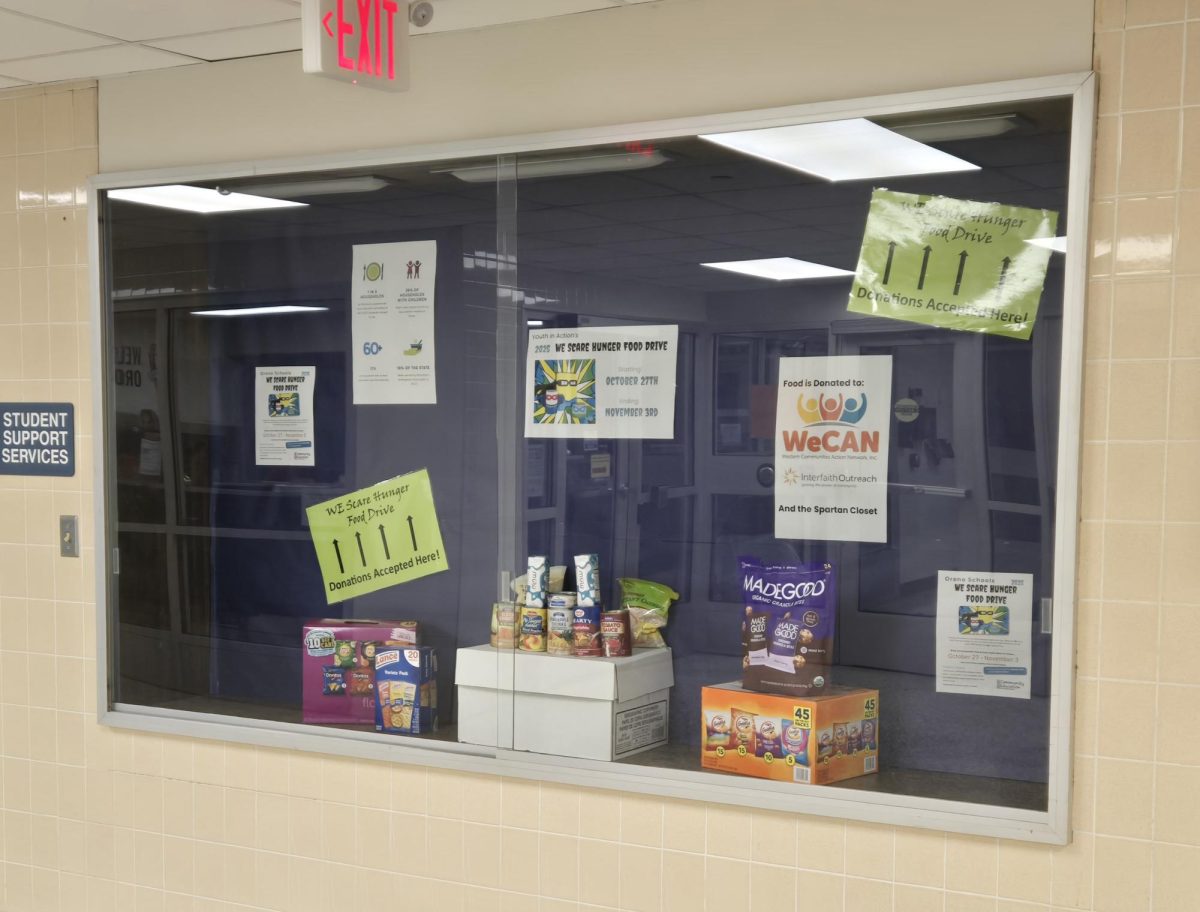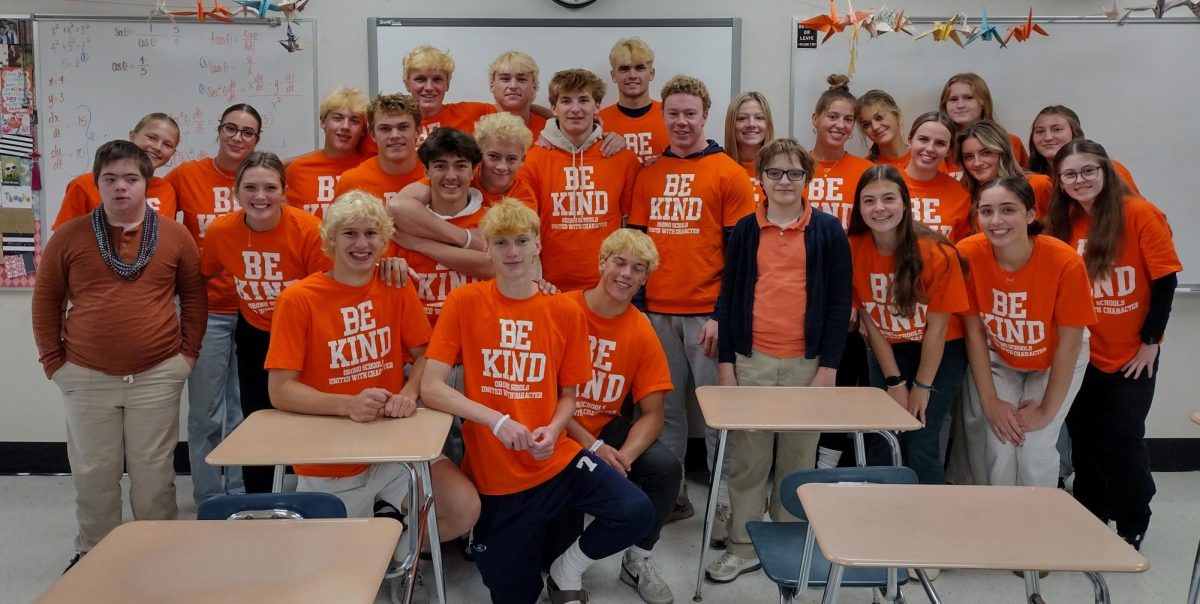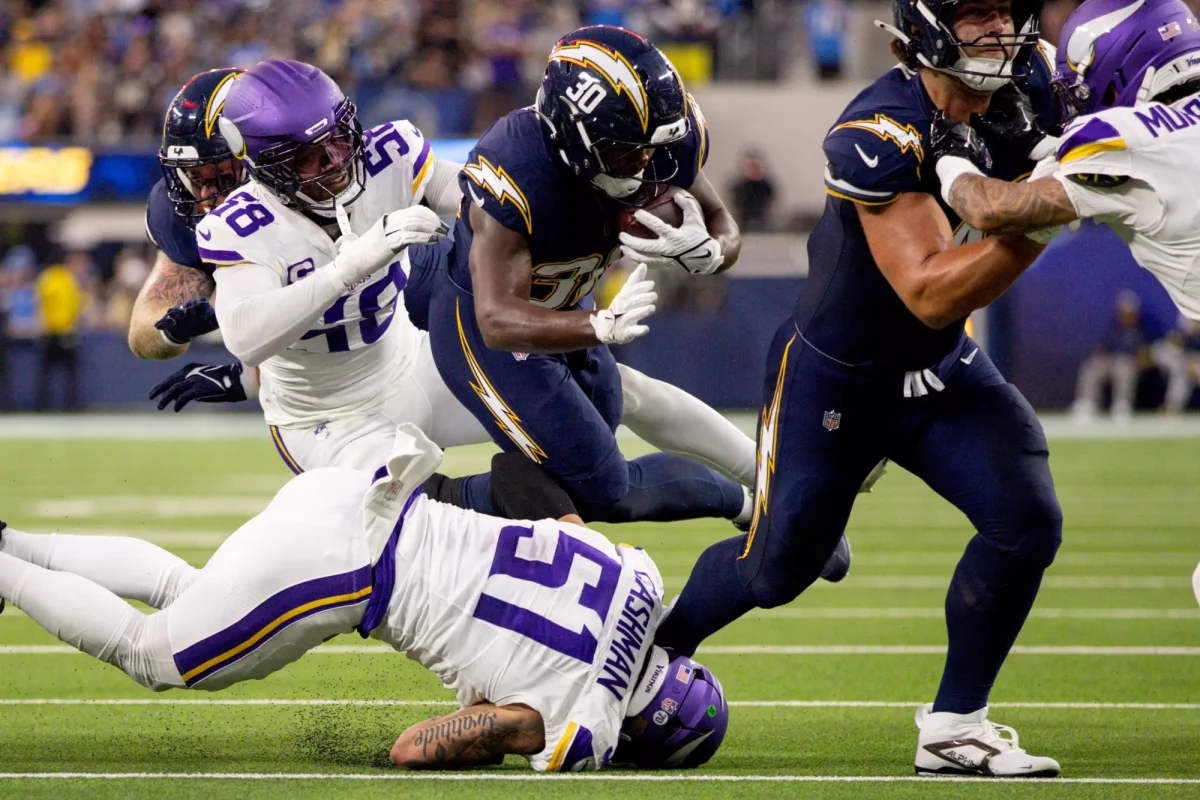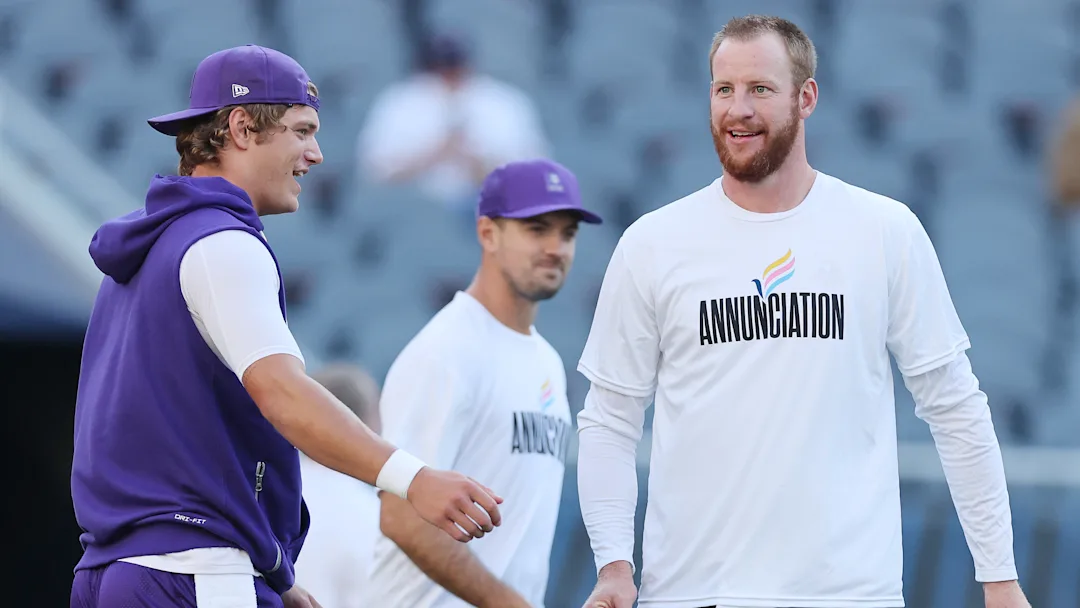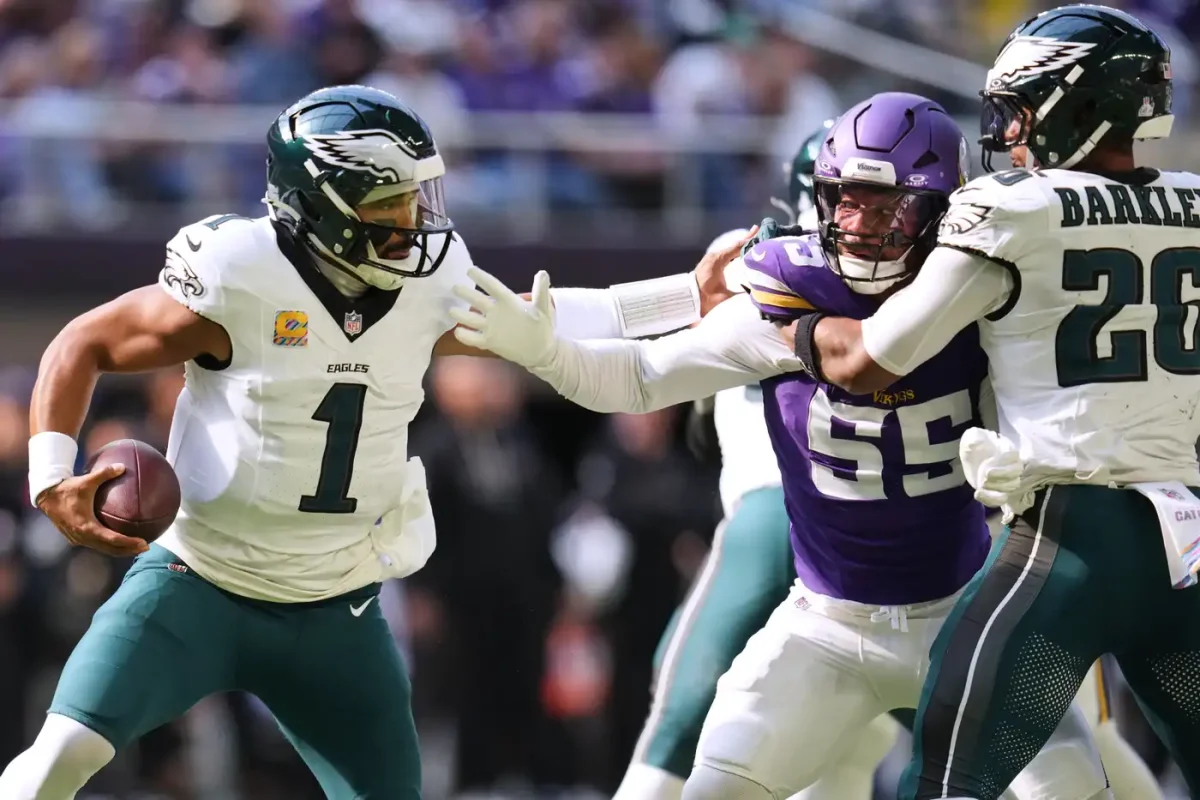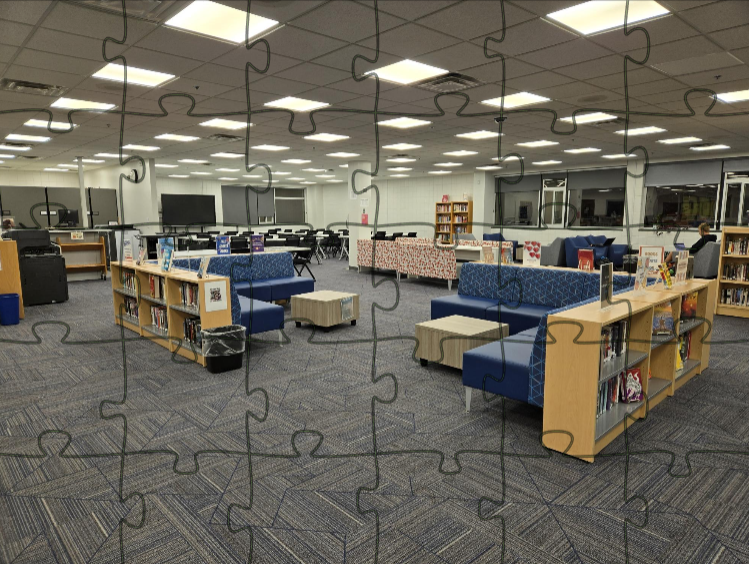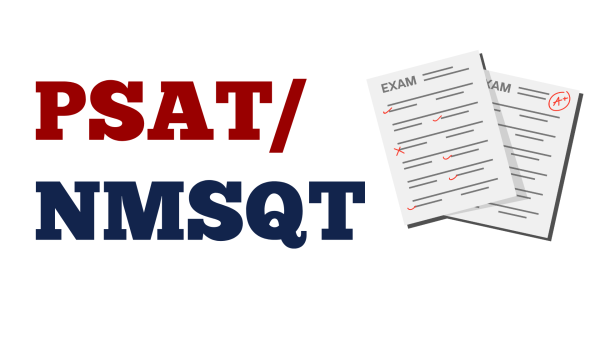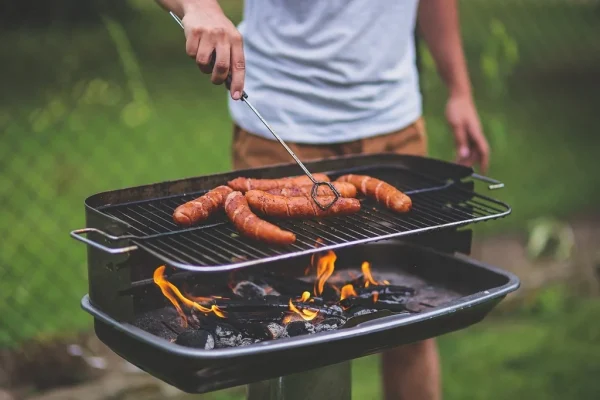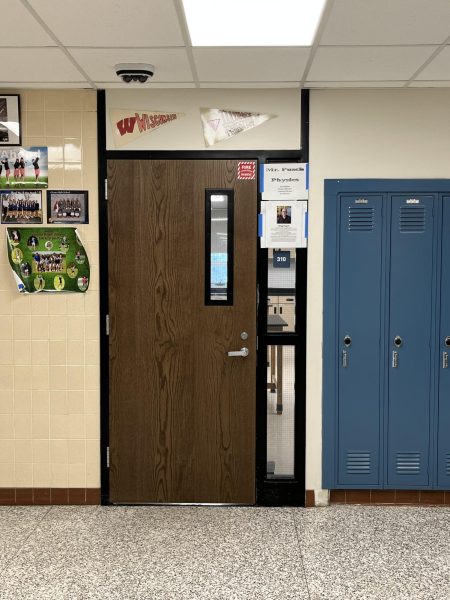A day in the life of Officer Barnes
When you hear about a police liaison what do you think of? A police officer that just sits in the cafeteria watching high school students eat their lunches, hoping for something to happen for him to intervene? Or do you think of the police officer as a regular person who just sits at a desk and does paper work all day? The police officers in this community and in our school do more than we think.
In the police department there are many different types of careers to follow. There is the police chief who oversees all of the operations and the budget of the department. There are many detectives on the force and their job is to gather information about a specific crime and report back to the head of the department. Along with those two jobs there are many more such as; patrol officer, CSI and in Orono there is a drug task unit as well.
In the Orono HS there is a police liaison, Officer Jason Barnes. As the police liaison, he has plenty to do. Along with watching HS students mess around at lunch, Barnes works as a detective and a juvenile investigator with the Orono Police department. Another officer the Orono HS had was Tony White. He had been a police liaison for many years and just “retired” last spring. White is now on patrol doing his best to keep the streets of Orono safe. As well as being a liaison, White was also on the drug unit for the OPD.
“In addition to being here (OHS), I also get criminal cases that keep me out of the high school at times, but it is my priority to be here with the students,” said Barnes.
The amount of training necessary to become a police officer on the force varies depending on what position the individual is following. The education necessary for becoming a police officer here in Minnesota, according to the state of Minnesota, is two-four year course on law enforcement provided by a Professional Peace Officer Education program.
“The academy is basically and extension of your degree, they call it ‘skills.’ It’s another year of learning in the books but then you get to learn all of the fun hands-on stuff,” sadid Barnes
Along with the education, the police officers in training need to go through specific physical training to help better their chances at becoming apart of the force. Most agencies will have their own academies to conduct their own training while other, smaller agencies might have to go to a local college.
The training that they are put through involves; defensive tactics, driving maneuvers, how to use firearms (when and where the right time to use them is), and laws and regulations to help the cadette better understand the rules and jobs of the police force. Even after the 12-18 months of training, the individual may not be ready to go out into the field. As new police officers, they will be monitored at all times to make sure they do not slip up.
“We are all around and available if anyone needs anything, we are honestly here to make your lives better,” said Barnes
The police force in Orono and Maple Plain have a bigger impact than most would think. Most people in the Orono/Maple Plain community don’t think twice about the police force. It seems that most believe that we do not need as much of the police force around here because of the type of people that live around here. However, we are living a safe live and not having to worry about high crime rates here in Orono BECAUSE of the police department.

